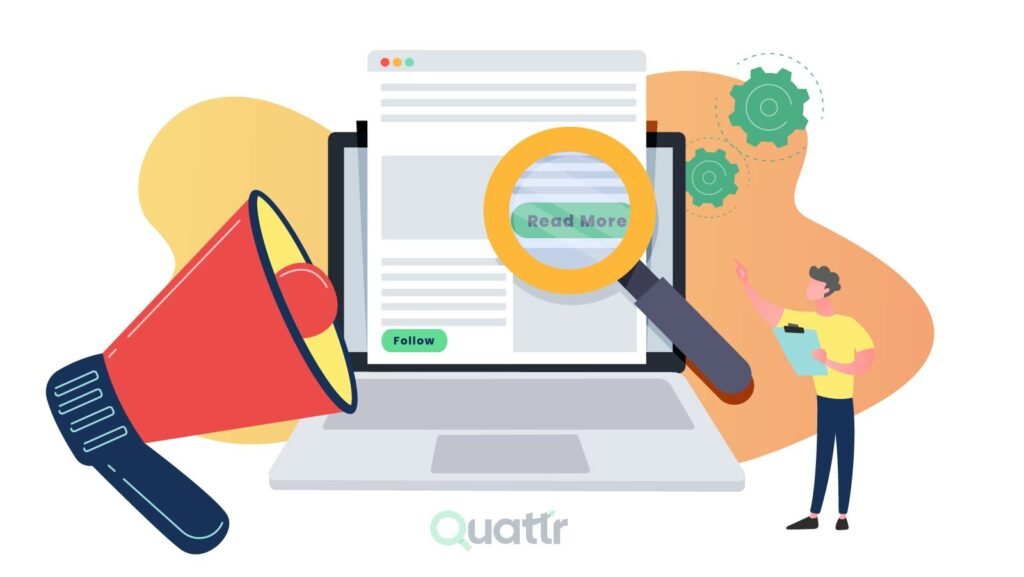How to Automate SEO Tasks with AI: A Comprehensive, Visual, and Data-Driven Guide

Introduction to AI-Powered SEO Automation
In today’s fast-paced digital marketing landscape, leveraging AI for SEO automation has become a cornerstone for efficiency and effectiveness. SEO, or Search Engine Optimization, is the art of optimizing web content to rank higher on search engine results pages (SERPs). With the integration of AI, mundane and repetitive tasks are automated, allowing SEO experts to focus on more strategic aspects.
According to a recent study, businesses using AI for SEO reported a 30% increase in efficiency, highlighting its transformative impact on digital marketing strategies.
This guide delves into the seamless integration of AI in automating SEO tasks, driving performance, and crafting a competitive edge in the digital realm.
Understanding the Basics of AI in SEO
ai in seo transcends the traditional boundaries of keyword research and content optimization. It involves sophisticated algorithms and machine learning techniques that analyze search patterns, predict trends, and offer actionable insights. Some key concepts and tools in AI-powered SEO include:
- Natural Language Processing (NLP): Enhances understanding of user intent and content relevance.
- Machine Learning Algorithms: Predict search trends and optimize content strategy accordingly.
- Data Analytics Tools: Provide in-depth insights into SEO performance metrics.
- Automated Content Generation Tools: Help in creating SEO-friendly content at scale.
Step-by-Step Implementation of AI in SEO
Step 1: Laying the Groundwork
Before diving into AI-powered SEO, it’s crucial to understand your current SEO status and objectives. Start by conducting an SEO audit to identify areas for improvement. Key areas to focus on include website structure, content relevance, keyword optimization, and backlink profile. Once you’ve established a baseline, define clear SEO goals that AI tools can help you achieve, such as increasing organic traffic, improving SERP rankings, or enhancing user engagement.
Step 2: Choosing the Right Tools and Technologies
Selecting appropriate AI tools is critical for successful SEO automation. Consider the following aspects:
| Tool/Platform | Features | Benefits | Suitability |
|---|---|---|---|
| AI Content Generators | Automated content creation, keyword optimization | Time-saving, consistent content production | Content-heavy websites |
| ai seo Analytics Tools | Data analysis, trend prediction, performance tracking | Actionable insights, improved decision-making | Websites seeking data-driven strategies |
| ai keyword research Tools | Keyword discovery, search volume analysis | Targeted content strategy, higher SERP ranking | All types of SEO campaigns |
Step 3: Developing a Strategy
With the right tools in place, the next step is to develop a comprehensive AI-driven SEO strategy. This involves:
- Identifying Target Keywords: Use AI tools to discover and prioritize high-impact keywords.
- Content Planning: Leverage AI to generate content ideas and outlines that resonate with your audience.
- SEO Performance Tracking: Set up AI-driven analytics to monitor and analyze your SEO efforts.
Include a process flowchart for a visual representation of the strategy.
Step 4: Execution and Management
The execution phase involves applying your AI-driven SEO strategy. This includes creating and optimizing content, building backlinks, and continuously monitoring your site’s performance. Use AI tools to automate repetitive tasks like meta tag generation, image optimization, and content distribution. Regularly review AI-generated insights to fine-tune your approach.
Step 5: Monitoring and Optimization
Finally, track your SEO performance using AI-powered analytics tools. Focus on key metrics like organic traffic, bounce rate, and conversion rate. Use these insights to continually refine and optimize your SEO strategy for better results.
Advanced Tips and Tricks for AI-Driven SEO
For those looking to further leverage ai in seo, consider:
- Integrating AI with voice search optimization.
- Exploring AI-driven local SEO tactics.
- Leveraging AI for predictive SEO and trend forecasting.
Real-World Examples and Case Studies
Several successful companies have harnessed the power of AI for SEO. For instance, a major e-commerce platform used AI-driven keyword optimization to increase their organic traffic by 50% within six months. Another example is a content marketing agency that leveraged AI content generation to triple its content output, significantly improving its SERP rankings.
Conclusion and Next Steps
In conclusion, AI-driven SEO automation is a game-changer in digital marketing. By understanding and implementing the right tools and strategies, businesses can significantly enhance their SEO performance. Embrace AI in your SEO efforts, and you’ll be well on your way to achieving superior digital marketing results.
Share and Follow Section
If you found this guide on AI-driven SEO automation helpful, please share it on social media. For more insightful content on leveraging AI in digital marketing, follow our blog and subscribe for updates.





